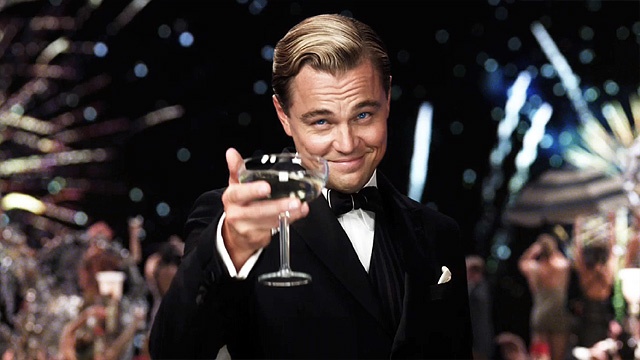If there’s one thing we’re all searching for in our lives, it’s purpose.
We want to feel happy, fulfilled, meaningful—like our lives matter. We want to feel like there’s a point to all of this and that even our worst suffering is leading us somewhere.
At its core, it’s what we’re all actively seeking when we study spirituality, travel the world, achieve success in our work, and connect with loved ones. To know and share our purpose.
I spent a long time looking for my purpose. I sought out every webinar, summit, book, and class that promised to tell me my purpose. But the “purpose” I was left with usually ended up in one of these camps:
1. Either it was incredibly broad and generic, like “Your purpose is to be happy” or “Your purpose is to love,” which kind of left me scratching my head about what to do.
2. Or it was incredibly specific and achievable, like “Your purpose is to be a writer” or “Your purpose is to be a life coach.”
But here’s the thing—if my purpose was to be happy, what about the moments when I’m not happy? Did I not have a purpose? Was I doing it wrong?
And if my purpose was to be something specific, like a writer or a life coach, what if I decided I didn’t like being a writer? What if my books didn’t sell? And did that mean I didn’t have a purpose up till now?
These views of purpose never made sense to me because they defined purpose as content—something we could achieve, absorb, and digest. From this viewpoint, purpose is something that I can check off on my to-do list, like an errand. And, if it’s achievable, it’s also another thing that I could fail at—reinforcing the ever-present conditioning that I’m not good enough.
But the thing is, we can’t achieve purpose because our lives have purpose at all moments—even in their deepest, darkest shadows. Otherwise why are we here?
Purpose isn’t content we can achieve; it’s context that gives meaning to all of the content in our lives. It’s our subjectivity that tells us who we are, what we have to share with the world, and what we want to receive.
In my work—called Sacred Branding™—we help boil everything a person is, including every wound, trauma, desire, yearning, gift, and experience, down to just five or six words. The point is that all of these aspects of our lives have served a purpose. And it’s that purpose that gives subjective meaning to the things that happen in our lives.
For example, if my purpose is “Aligned, Zany, Free, Unmistakable, Successful, and Vulnerable” (hint: it is), then that explains why working in public relations, where I couldn’t be zany, never felt purposeful for me, but working for myself and having dance parties across the internet always feels purposeful.
It explains why every relationship did or didn’t work out. It explains why certain programs sold so well while others didn’t. It explains why some containers—like being a writer—make me so happy and fulfilled while others don’t.
Because while being something specific, like a writer or a life coach, isn’t a purpose in and of itself, it can be a great container for that purpose; the same goes for a relationship or a wardrobe or a home or a business or the infinite other containers in our lives.
Think about it as if you were thirsty and wanted water. Theoretically, you could drink water out of a glass, a mug, a cup, a champagne flute—infinite containers—but you wouldn’t take a random container with no idea what was inside and expect it to nourish you when what you wanted, what you needed, was water.
Yet that’s what we expect every day. We expect being a lawyer or a yoga teacher to have the same objective meaning to us, when those are just containers for the subjective purpose we’re seeking. And, furthermore, we only expect our purpose to come in the form of a job, which makes absolutely no sense. Jobs aren’t the only containers for purpose that we have. Everything we do in life is a container for purpose.
Instead of accepting arbitrary containers that work for other people and expecting them to nourish us, like, “Oh, she’s so happy being a yoga teacher, so if I want to be happy I should be one, too,” we can start from who we actually are and what we want to experience, and then build containers from that place.
Doing this makes everything easier because it means we can’t fail at our purpose. Every moment is now filled with purpose. And it also makes what we do more obvious and intuitive. We see the work that is going to help us share our purpose with others, and what we need in relationships to feel it. It’s how we grow our businesses, who we hire, what opportunities feel right, and infinite other decisions.
All this happens when we begin to view purpose as context and not content. It isn’t achievable, but rather the thing that gives meaning to the moments in our lives.
How would your life change if you didn’t have to achieve a purpose anymore, but could simply see containers all around that either could or couldn’t hold that purpose? And what if you could then build better containers for that purpose?
~
Relephant:
3 Surprising Reasons you Haven’t Discovered your Life Purpose.
~
Author: Mike Iamele
Image: IMDB
Editor: Nicole Cameron
Copy Editor: Catherine Monkman









Read 0 comments and reply